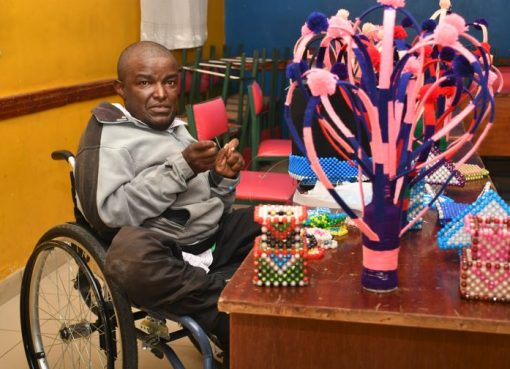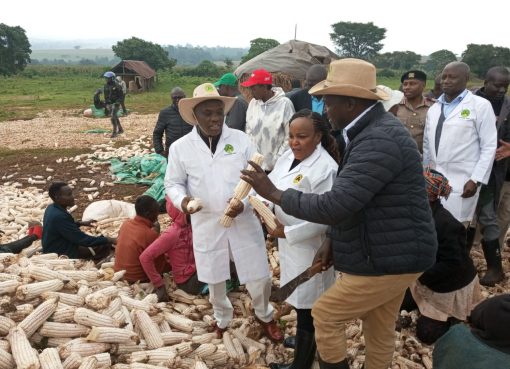The government, together with development partners, launched an ambitious Sh750 million blue economy project that is set to benefit more than 50,000 households in Kilifi County.
The Regenerative Seascapes Project for Planet Earth, Nature, and People (ReSea) was officially launched by Mining, Blue Economy, and Maritime Affairs Cabinet Secretary Salim Mvurya at a colourful event held at Dabaso Primary School in Kilifi North Constituency, Kilifi County.
The ReSea project aims at enhancing the climate and socio-economic resilience of the beneficiary households along Kenya’s coastline, from Takaungu in Kilifi South Constituency to Marereni in Magarini Constituency, according to CS Mvurya.
It is part of a three-year, 30 million Canadian dollars (about Sh3.3 billion) project being implemented by Missions Inclusive in conjunction with the International Union for the Conservation of Nature, made possible through funding from Global Affairs Canada.
While launching the project, Mvurya said most of the beneficiaries will be women and youth groups involved in climate change interventions and the blue economy.
“The project will mobilise women, youth groups, and groups that are proactive about climate change and the blue economy. We want to start from zero so that the programme does not work alone, and we shall link it with the already existing capacities and scale so that it is in tandem with the priorities of local communities,” Mvurya said.
The CS ordered the Kenya Wildlife Services (KWS) and the Kenya Coast Guards (KCG) to stop harassing fishermen who use illegal fishing gear but instead help them follow the law by empowering them to acquire the right fishing gear.
“Don’t harass fishermen, but help them to follow the law. I order that fishermen should not be harassed, and we shall equip them with the correct fishing gear so that they can operate within the law,” he said.
Mvurya added that instead of harassing fishermen, the authorities should enlighten them on safe fishing gear that will protect the environment.
Mvurya and Kilifi Governor Gideon Mung’aro told officials implementing the project to scale down capacity-building programmes that have no benefit for the beneficiaries so that the money can uplift livelihoods instead of being spent in boardrooms.
Governor Mung’aro challenged project field officers, noting that a lot of funds were being used to train and sensitise communities instead of equipping them with tools for their respective trades.
“Those who will implement this project should reduce or stop the sensitization workshops and use those funds to equip them with proper tools,” he said.
Ms. Janine Cocker, the Head of Cooperation and Development at the Canadian High Commission in Kenya, said her government has partnered with a diverse array of organisations, governments, and communities across the globe who share her country’s vision of a world where oceans thrive and communities prosper.
“Together, we are leveraging our collective knowledge, resources, and coastal expertise to make the Regenerative Seascapes project a resounding success,” she said.
Mr. Richard Veenstra, the Executive Director of Mission Inclusion, who spoke virtually, said that through the ReSea project, his organisation was aiming for locally tailored solutions by collaborating closely with various stakeholders, including civil society organisations, the private sector, and national and local governments.
“Our primary focus is to empower women, youths, and vulnerable individuals, as we believe these groups possess untapped potential to be key players in sustainable development and the blue economy,” he said, adding, “This collaborative horizontal approach aims to drive lasting change, benefiting both people and the environment.”
Kenya Country Representative of the International Union for the Conservation of Nature (IUCN), Innocent Kabenga, said the ReSea project would not only help invest in prosperity but also fortify the environment.
The function was addressed by representatives of various stakeholder organisations, among them Dorothy Asuza from Mission Inclusion, Ms. Betsy Njagi, the Principal Secretary for Blue Economy, Malindi Deputy County Commissioner David Lusava, and Dabaso Member of the County Assembly Emmanuel Changawa.
By Emmanuel Masha




